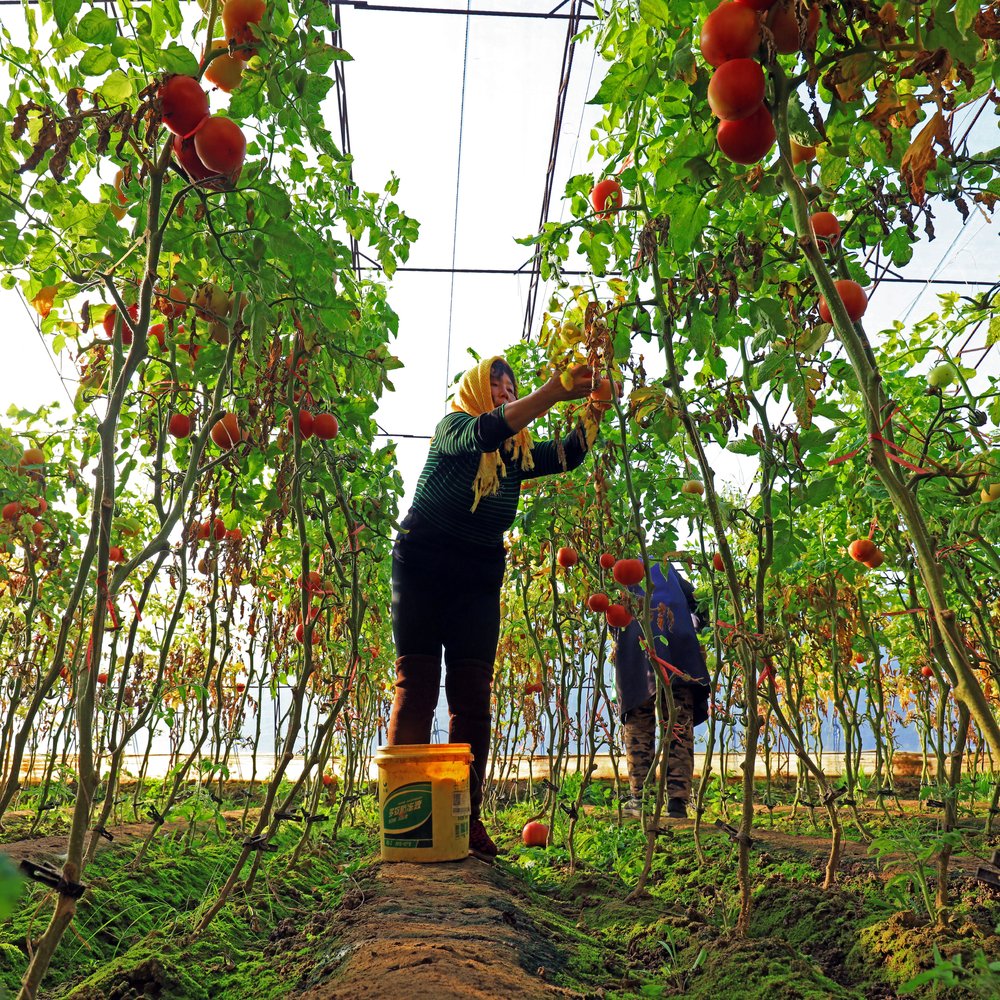Closing the gap: Evidence for effective human rights due diligence from five years measuring company efforts to address forced labour

Shutterstock
The lessons drawn... serve to highlight that sustainable corporate governance rules in themselves are not a panacea. Their effectiveness in promoting human rights and environmental regeneration in business operations and in companies’ global value chains depends greatly on their design and on their implementation.Heidi Hautala, Vice-President of the European Parliament
Momentum is growing for mandatory human rights and environmental due diligence (mHREDD), with companies and investors lining up alongside civil society, workers, governments and unions to call for effective laws to oversee rights protections. Delays to the EU’s legislative proposal for mHREDD, which will signal a step-change for corporate human rights, must be used to ensure an ambitious standard is set with tangible impacts for workers.
This report provides new evidence of the urgent need for voluntary action to be strengthened with robust regulatory requirements for companies to identify human rights risks and prevent abuse. It also underlines the key elements of effective regulation to ensure due diligence does not become just another administrative ‘box-ticking’ exercise by companies.
KnowTheChain benchmarks how companies implement policies and practices to eliminate one of the most egregious human rights abuses: forced labour. Over the past five years, KnowTheChain has assessed the efforts of the largest companies in the highest-risk sectors to prevent forced labour in their supply chains. This report brings together evidence from nine separate KnowTheChain benchmarks on 129 companies across the ICT, food and beverage, and apparel and footwear sectors, revealing companies are failing to introduce human rights due diligence processes to identify and prevent forced labour in global supply chains.
KnowTheChain
Further resources
Beyond social auditing: Key considerations for mandating effective due diligence
To realise its potential, the EU Sustainable Corporate Governance Initiative must drive action beyond the mechanical tick-box exercise which has characterised too many companies’ approaches to their duty of care to workers and communities.
Hearing the human: Ensuring due diligence legislation effectively amplifies the voices of those affected by irresponsible business
The EU’s Sustainable Corporate Governance Initiative, including mandatory human rights and environmental due diligence, offers an opportunity to prioritise environmental protection, human rights and long-term business sustainability, including the safety of human rights defenders.
Social audit liability: Hard law strategies to redress weak social assurances
The social audit industry has rightly come under increasing scrutiny for its role in sustaining tolerance of human rights abuse in company supply chains. It is time the social audit industry is held to account for false or negligent claims which hide the truth of abuse against workers.